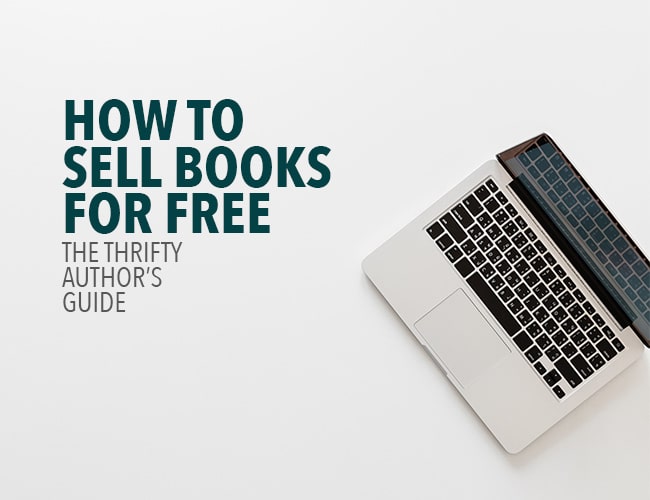
by David Safford |
It’s your dream to publish and sell a book. Thankfully, there’s never been a better time to do it, as all the tools you could possibly require are at your fingertips. And the best news is that many of them don’t cost a penny, allowing you to publish, market, and sell your book for free! All you have to do is figure out how to sell books.
Of course, what you don’t pay in cash you will be paying in gumption. As with any publishing route, there are pros and cons to using mostly free resources, and I’ll illustrate those as we go so hopefully you can avoid some of the mistakes I made in my own free publishing journey.

by Joe Bunting |
If you’re like most writers I know, you probably dream of getting published. But as I’ve worked with writers for the last six years, I’ve found that most are woefully unprepared for what publishing actually takes, and this means that either they never figure out what it takes to get published or when they finally DO get published, they find themselves disappointed with the process and with how many books they sell.
How do you prepare for getting published though? There are several steps, but the first step is building an author website. In this article, I’m going to share a step-by-step guide to building a simple author website yourself that will support all of your publishing efforts.
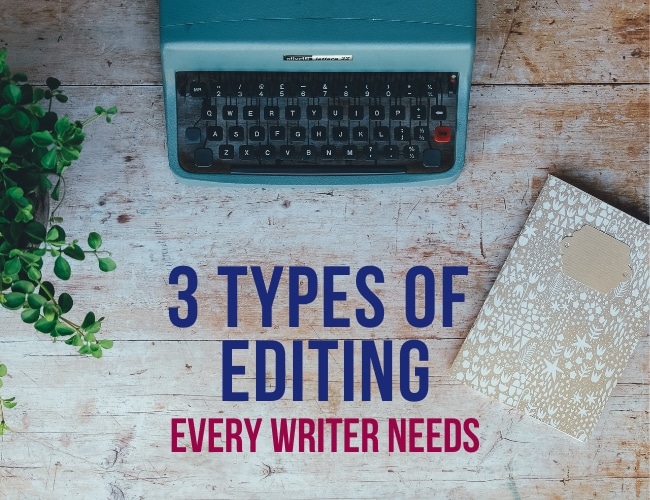
by Sue Weems |
A few months ago, I posted an article about avoiding clichés here on The Write Practice. The (bland) title I proposed was “How to Avoid Clichés.” The published title read: “How to Avoid Clichés (Like the Plague).” I grinned when I read it and said another thank you to a quiet hero of the publishing world: our editor.
She amped up the title with a clever twist that sounded just like me with my penchant for parentheses. Editors are invisible heroes in the publishing world, and knowing what they do can help you through every stage of your journey.
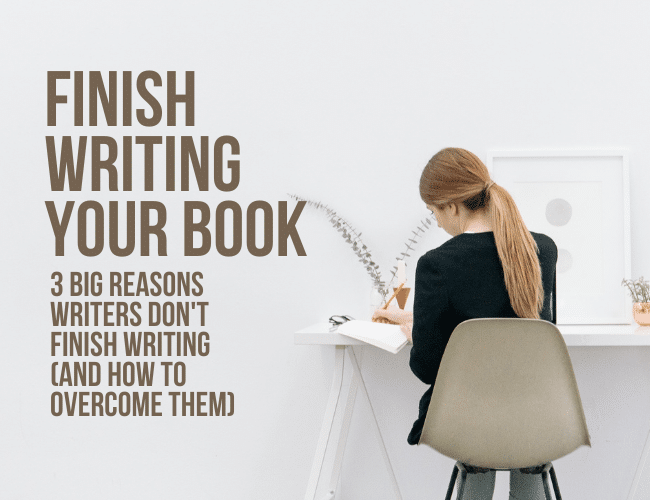
by Joe Bunting |
Do you struggle to finish writing your book, or really anything you start? If you said yes, you’re not alone. In a poll we conducted (with real people!), seventy-two percent gave us the same answer.
Finishing writing projects can be tough! That doesn’t mean you can’t do it.
Here’s an important truth: you don’t have to be the next Ernest Hemingway or Stephen King in order to finish writing a book. It’s possible for you to find the writing time you need. But before you tackle your creative project, it’s worth examining why you haven’t been able to finish your story idea in the past.
In this article, I’m going to share three giant reasons most writers don’t finish writing their books—and how you can carve out everything you need to complete your current project.
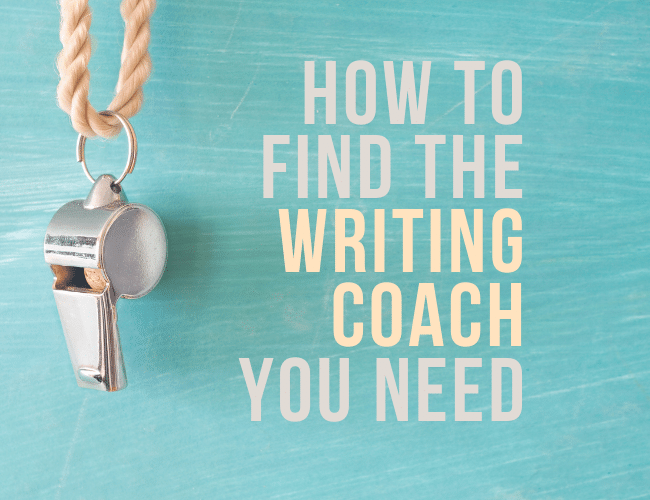
by Jeff Elkins |
Do you have a great idea for a book but you’re not sure what to do with it? Have you ever started writing a book and never finished, or finished it but didn’t know what to do next?
If yes, you might feel frustrated. You also might greatly benefit from hiring a writing coach.
But what is a writing—or book—coach? Do you need to hire someone to finish a book, or can you do it on your own for free?
Whether or not you’re interested in self-publishing a book or pursuing the traditional publishing path, a writing coach will make you a better writer in every step of your writing process.
Learn why a writing coach might benefit your first book, or hundredth, and how to find the writing coach you need.
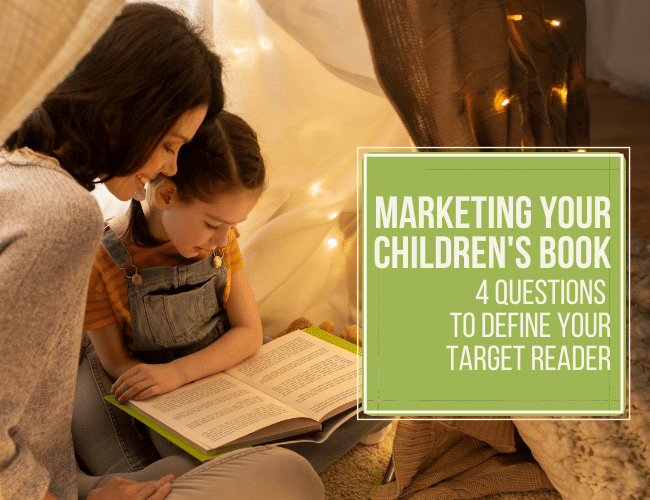
by Marianne Richmond |
You’ve written a children’s book. Great work! Now, have you thought about marketing your children’s book? Do you wonder if this is even important, or how to do it?
One of the most important considerations you, as a children’s book author (or book author in general), need to address along with the creative side of things is: Who is your target reader? Or, who is your target market?
As a book writer, we like to imagine that everyone will love our book. But this is unrealistic, nonstrategic and a quick way to experience the disappointment of sluggish sales.
Truth: We don’t want to be all things to all people. We want to be the choice for specific, potential readers.
If we write a book without knowing exactly who we’re writing for, we end up writing for our own enjoyment. This is fine and good unless you wish to make money from your book writing efforts.








